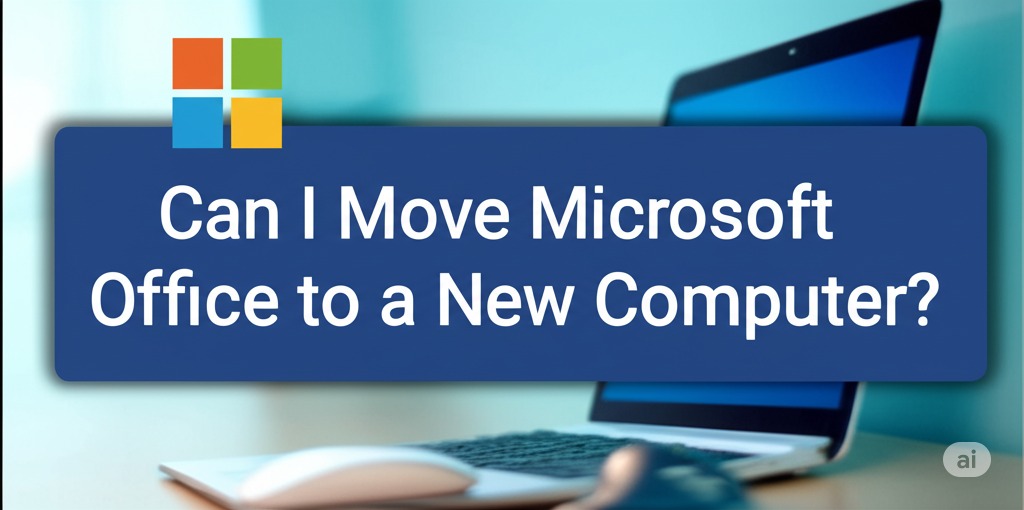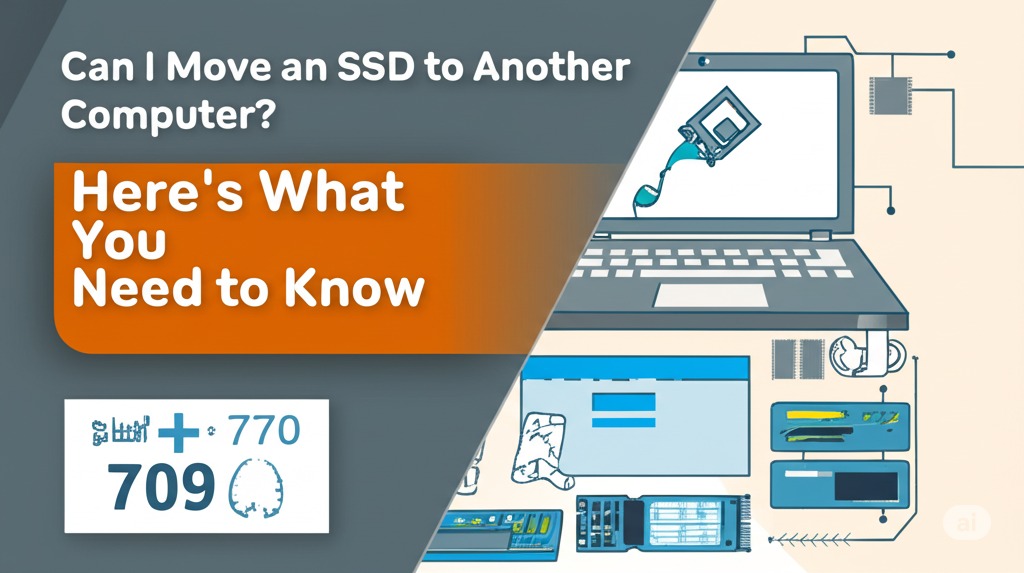Introduction
When we think about what makes a computer function smoothly, we often focus on the processor, the graphics card, and the storage drive. But what about the Random Access Memory (RAM)? Is RAM truly essential for a computer to run, or can a machine function without it? In this article, we’ll explore this intriguing question, diving into the role of RAM and what happens when it’s absent from a computer system.
What is RAM and Why is it Important?
The Role of RAM in Your Computer
RAM is a critical component in any computer. It acts as the system’s short-term memory, temporarily storing data that the CPU needs to access quickly. When you open a program, the computer loads it into RAM so that it can be processed much faster than if the CPU had to retrieve the data from slower storage devices like hard drives or SSDs.
Without RAM, your computer would struggle to perform basic tasks because it wouldn’t have the quick-access memory necessary for smooth operation. Essentially, RAM speeds up your computer’s performance by providing the processor with quick access to important data.
Key Functions of RAM:
- Temporary storage for active tasks
- Speed improvement in processing data
- Multitasking capability for multiple programs
Can a Computer Run Without RAM?
Theoretically, Yes — But Not Effectively
Technically, a computer can run without RAM, but it won’t be able to perform any meaningful tasks. When you boot up a computer without RAM, the system might display a series of error messages or simply fail to start the operating system (OS). Some systems may attempt to load essential functions from the storage drive, but the lack of RAM means that it won’t be able to efficiently process tasks.
The Role of Other Components Without RAM
In the absence of RAM, the CPU will attempt to perform all tasks by relying solely on the storage drive (such as an HDD or SSD), which is significantly slower. This makes operations unbearably slow and often leads to system crashes or freezes. In most cases, the computer won’t even fully boot up without RAM.
- System Booting Issues: The computer may fail to load the operating system or show a BIOS error indicating that no RAM is detected.
- No Multitasking: Without RAM, the computer cannot effectively handle multiple processes at once, leading to a sluggish experience.
How Do Computers Function With Minimal RAM?
Minimal RAM Usage in Some Systems
Some embedded systems or minimal computers, like certain smartphones or single-board computers (e.g., Raspberry Pi), may function with very little RAM. However, even these systems rely on small amounts of RAM to handle basic processes. When RAM is limited, the system compensates by utilizing swap space on storage drives, but this comes at the cost of performance.
Can You Use Virtual Memory Instead?
While some operating systems use virtual memory to compensate for low RAM by swapping data between the RAM and storage, this is a temporary workaround, not a permanent solution. Virtual memory allows the computer to simulate having more RAM than it physically has, but the performance will be significantly slower compared to actual physical memory.
Alternatives for Running a Computer Without RAM
What About Booting from a Live USB?
Another interesting alternative is using a live USB stick to boot a computer. In this scenario, the operating system is loaded directly from the USB stick into the RAM of the system. However, if no RAM is present, the computer cannot run this system. Even with specialized setups, like operating systems designed for low resource use, RAM is still essential.
Why RAM Is Irreplaceable for Performance
The Need for Speed
RAM plays a pivotal role in the speed of any system. Without it, the CPU is forced to rely on much slower storage systems to access data. Even with an SSD, which is faster than traditional hard drives, the speed is still nowhere near the level of performance provided by RAM.
Multitasking and Efficiency
RAM is also crucial for multitasking. It allows multiple programs and processes to run simultaneously without the computer lagging. Without it, every action the computer takes would be delayed, and it wouldn’t be able to handle multiple processes at once.
Conclusion: Can You Run a Computer Without RAM?
While it’s technically possible for a computer to run without RAM, it’s not practical. RAM is essential for the efficient functioning of a computer system. Without it, the system will not be able to perform even the simplest tasks, let alone run modern applications or multitask.
If you’re thinking about building or upgrading a computer, don’t overlook the importance of adequate RAM. It’s a small investment that goes a long way in ensuring a smooth and fast computing experience. Remember, without RAM, your computer would essentially be useless.

Caleb Carlson is a contributing writer at Computer Site Engineering, specializing in computer technology, software trends, and hardware innovations. His articles simplify complex tech topics, making them accessible to readers of all levels.





